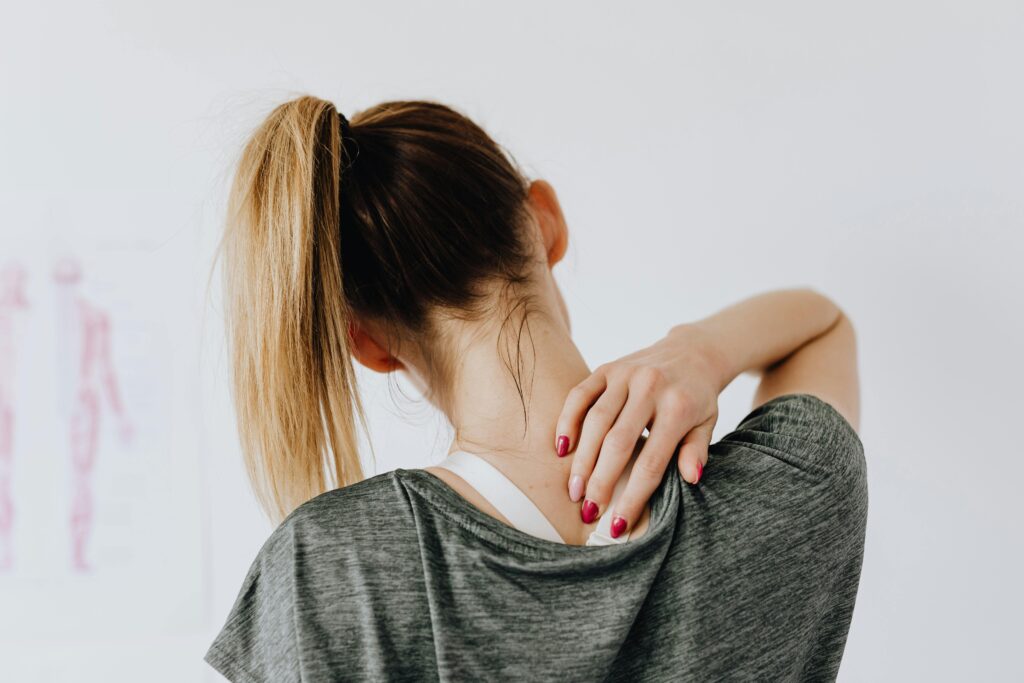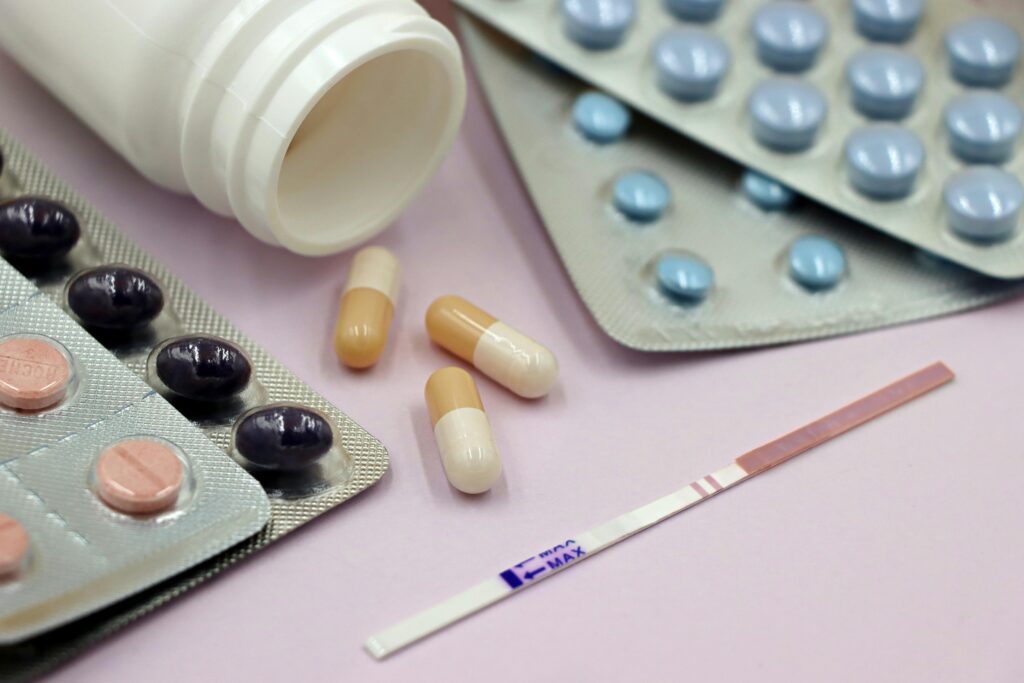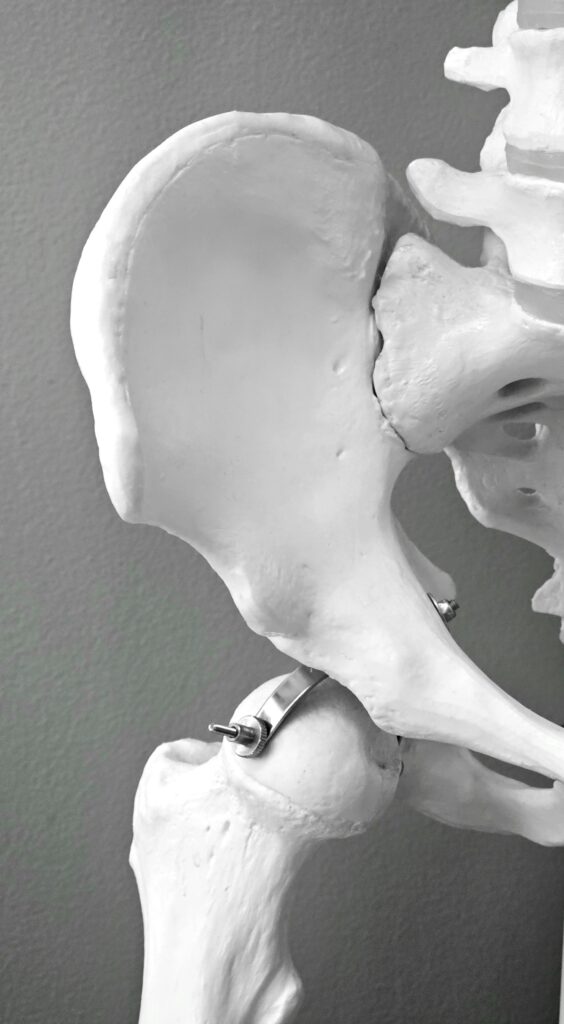This article explores the link between hormones and chronic pain, highlighting how menopause, hormone therapy, and lifestyle changes can reduce inflammation and improve joint health.
How Menopause and Lifestyle Choices Impact Inflammation
Chronic pain and inflammation can be more than just a physical discomfort. They are often influenced by our hormones. Understanding the connection between hormones and inflammation can offer new insights into managing these conditions, especially in women.

As women age, hormonal changes, particularly during menopause, can significantly affect their inflammatory responses. Research shows that menopausal women experience higher levels of inflammation, which can exacerbate pain in conditions like rheumatoid arthritis and osteoarthritis. Interestingly, hormone replacement therapy (HRT) has been found to reduce these inflammation markers, leading to a decrease in pain and improved joint health. Studies show that women who start HRT see a noticeable reduction in joint pain and even improved X-ray images of their joints over time.
One key hormone involved in this process is estrogen. When estrogen levels drop, as they do during menopause, inflammation often increases, making pain conditions more severe. On the other hand, maintaining healthy estrogen levels can act as a natural anti-inflammatory, reducing the need for medications like anti-inflammatories and opioids. Optimizing hormone levels through treatment can, therefore, help manage pain and slow the progression of autoimmune diseases like rheumatoid arthritis.

Beyond hormone therapy, lifestyle changes also play a crucial role in managing inflammation. A healthy diet, free from excess sugar and processed foods, along with moderation in alcohol consumption, can help reduce the body’s overall inflammatory response. Regular physical activity, stress management techniques, and spending time in nature can also decrease inflammation and support hormone balance, leading to better overall health.
Understanding the link between hormones and inflammation opens up new possibilities for managing chronic pain, especially in women experiencing hormonal changes. By combining medical treatments with healthy lifestyle habits, we can reduce inflammation, manage pain, and improve quality of life.





